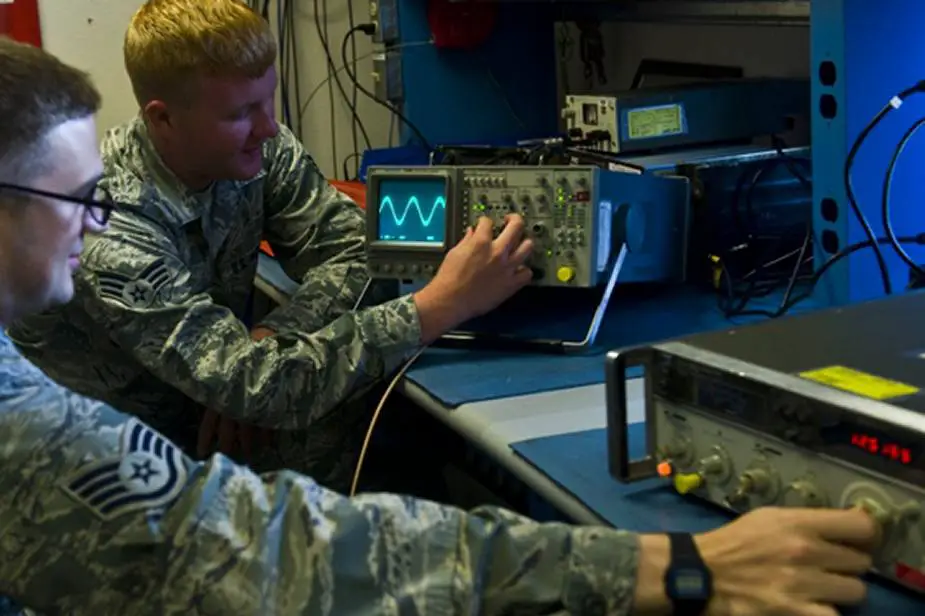Breaking news
Abaco Systems wins order for real-time computing in Ground Mobile Early Warning System.
Abaco Systems announces a design win for an order from a major European defense contractor which utilizes its powerful and rugged processing modules to implement real-time edge computing at the heart of a ground mobile early warning system. The challenge has been to identify a threat, extract the information, and deliver it to tactical decision makers with extremely low latency, and high reliability.
Follow Army Recognition on Google News at this link

The early warning system will provide protection for ground force command centers using radar and LIDAR (Light Detection and Ranging) technologies (Picture source: U.S. Air Force)
The early warning system will provide protection for ground force command centers using radar and LIDAR (Light Detection and Ranging) technologies. Integration of the input from these two sensor modalities will allow the system to extract highly accurate and detailed information about incoming threats from identification through to extraction of information. Abaco’s system will deliver the information with extremely low latency required for success. This is accomplished through combining potent processing power with multiple Radio Frequency (RF) receivers, each operating with a very high data sampling rate.
The initial order is valued at $1.0 million while the win’s total value to Abaco is expected to be $3.0 million over five years. Design and integration will occur during the next year, followed by production deliveries.
Phillippe Constanty, Sales Director of Abaco Systems, said, “Our team provided interim systems and worked closely with our customer to understand exactly what they would need in order to succeed. The resulting solution delivers a powerful, FPGA-based signal processing with direct RF analog-to-digital conversion. By tightly integrating these capabilities into a rugged, SWaP-optimized module, we’re enabling real-time threat identification and tracking in tough combat situations. Over the next year, our technical experts will continue working closely with the customer’s development team to deliver a deployable, reliable, and highly effective system.”
The FPGA processing power comes from the Abaco VP868, a 6U Open VPX module with two Xilinx UltraScale FPGAs, capable of over 100Gb/s duplex inter-chip communication bandwidth. Each mobile early warning system will be built around two rugged VP686 modules, with flexible I/O both to accept data streams from a variety of sources and deliver output for display and archiving.
Every VP868 will host two Abaco FMC134 direct RF mezzanine cards. Based on the Texas Instruments’ ADC12DJ3200 ADC chip, the FMC134provides four A-to-D channels operating at up to 3.2 GSPS. This configuration is ideal for next generation high bandwidth, high channel count radar receivers, providing eight channels per system slot. Future performance upgrades will be simplified using new technology FMCs with already deployed VP868 host modules.A robust set of software tools will accelerate application development, including the Stellar IP FPGA development tool and the 4FM GUI user interface.


























